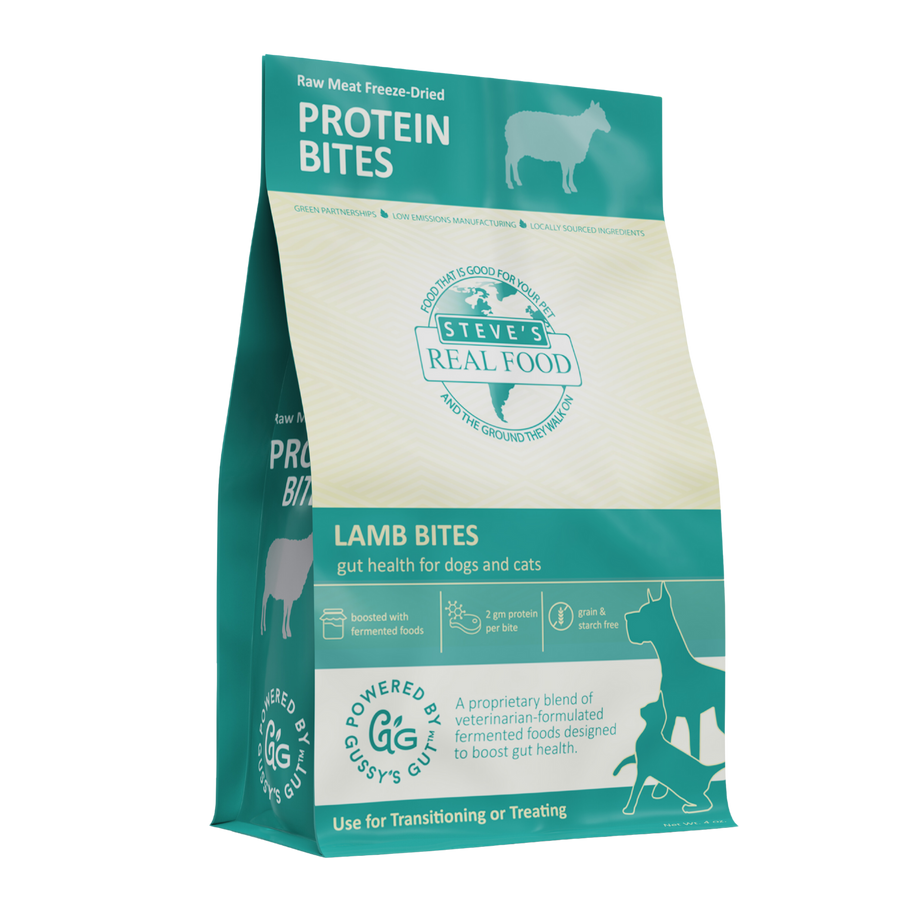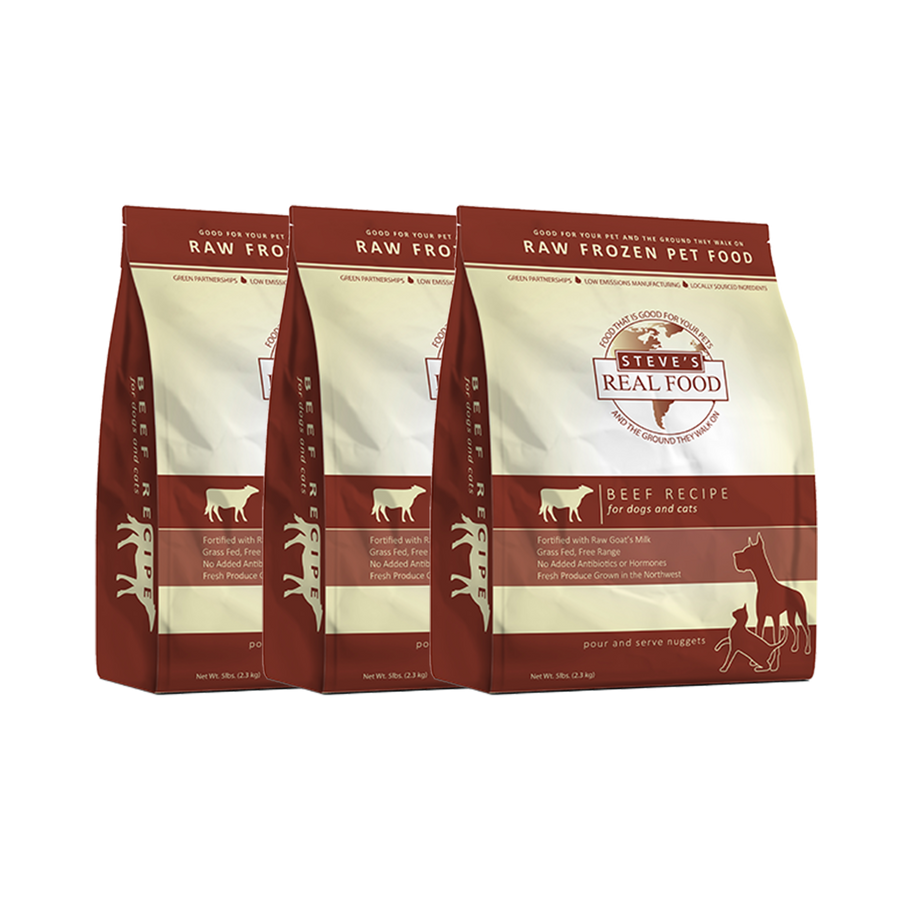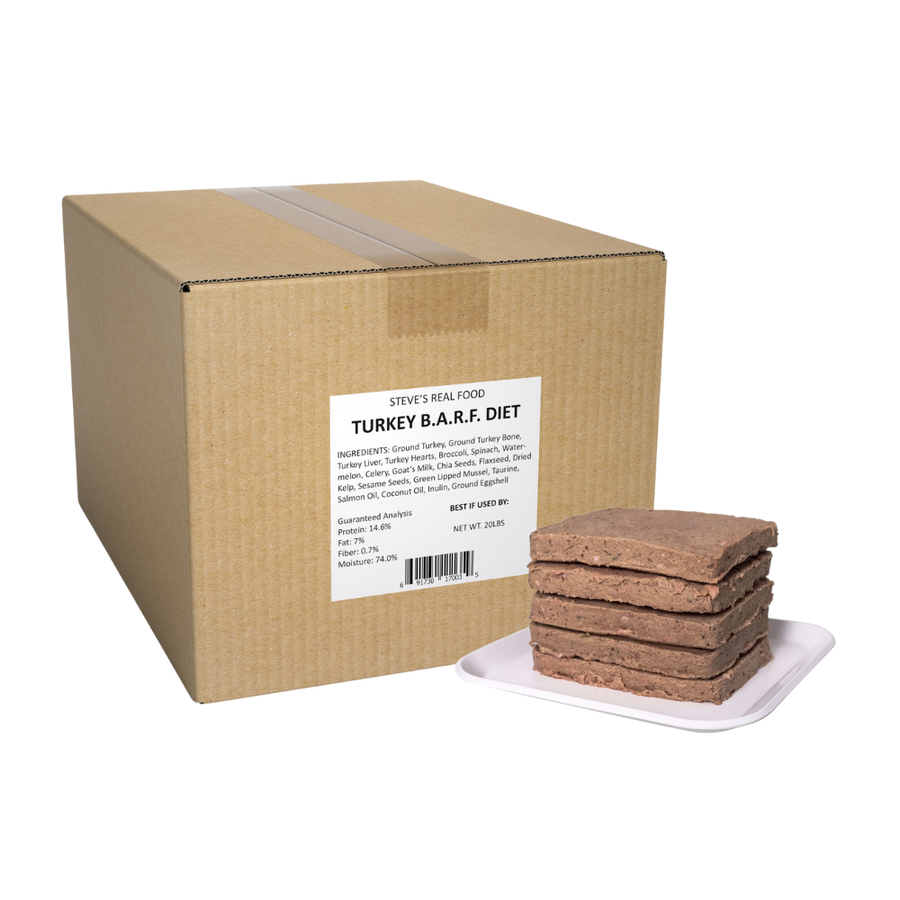Addressing Avian Flu Concerns
As pet parents ourselves, the health and safety of pets is our highest priority and we are committed to transparency with our valued customers. We understand the public concern surrounding avian flu and are actively monitoring the situation and working closely with experts to gain a deeper understanding.
There is no knowledge of any connection between our products and the avian flu.
Food Safety Precautions
We are taking several measures to minimize the risk of HPAI transmission, including (but not limited to):
- Sourcing foods from trusted suppliers: We work with suppliers who continue to use high-safety protocols at the farm level to mitigate the risk of contamination. Our poultry is sourced from only USDA-approved, healthy flocks that have been tested.
- High-pressure processing (HPP): We use HPP on all our foods, which is effective in significantly reducing viral activity.
- Manufacturing standards of quality control: Our manufacturing facility's quality control and assurance programs include Sanitation Standard Operating Procedures (SSOPs), Good Manufacturing Practices (GMPs), A Hazard Analysis & Critical Control Points (HACCP) Program, and High-pressure processing (HPP).
- Ongoing research and monitoring: We are continuously assessing the situation and refining our processes based on the latest scientific research to ensure maximum pet food safety.
Frequently Asked Questions
Q: What is Avian Influenza?
Avian influenza primarily affects birds, causing respiratory issues, neurological symptoms, reduced egg production, and, in severe cases, sudden death. Rarely, it can infect humans, dogs, and cats. Avian influenza is known by several other names, including Bird Flu, Avian Influenza Virus (AIV), Highly Pathogenic Avian Influenza (HPAI for more severe strains), or H5N1 (specific subtype often associated with outbreaks and human cases).
Q: What are the effects of high-pressure processing (HPP) on avian influenza H5N1?
All our food undergoes high-pressure processing (HPP). HPP has been scientifically proven to effectively reduce the presence of the HPAI H7N7 virus in poultry. Research shows that applying HPP at 500 MPa (72,000 psi) for just 30 seconds at temperatures between 60 and 73 degrees Fahrenheit results in a greater than 99.999% virus reduction. The industry goes even further, using higher pressures and longer processing times to ensure even greater safety.
While specific research on the H5N1 variant is ongoing, both H7N7 and H5N1 belong to the same virus family. Since HPP has been highly effective against H7N7, it is strongly believed that it may also work well against similar strains. This reinforces HPP as a reliable food safety measure, giving pet parents added confidence in the safety of poultry fresh pet foods.
Q: Do you test for H5N1 in batch tests?
No commercial food-based test has been validated for HPAI H5N1. Genome sequencing is used in research and regulatory testing but it not yet available for routine use. We are in contact with third-party laboratories that are working hard to develop more accessible testing.
Q: Could other sources carry the virus besides the meat?
Yes, other sources could carry the Avian Flu, such as human cross-contamination during handling or processing. There, it is essential to implement rigorous safety measures at every stage, including post-packaging.
Q: What are your suppliers doing at the farm level to prevent the spread of avian flu?
Our suppliers are committed to stringent safety measures at the farm level. Biosecurity measures are in place at all of our suppliers' locations. This means that the farms have protocols for employees working on the farm, such as what safety equipment (foot baths, protective clothing) they use, logs of who enters the farm for deliveries or repairs, limiting who has access to the animals, isolating any new or sick animals, etc.
Q: What should customers concerned about avian influenza do to protect their pets?
If your pet shows any signs of illness, immediately contact your veterinarian. Always practice safe handling by washing your hands after handling pet food and sanitizing bowls and surfaces that come into contact with raw food.
This is an evolving situation and we are steadfast in our commitment to maintaining the highest safety standards for our products. We appreciate your trust in Steve's Real Food to provide your pets with safe, nutritious raw foods and treats. We are working very closely with many professionals to get answers, but this may take some time. We will continue to update this page as more information becomes available!









